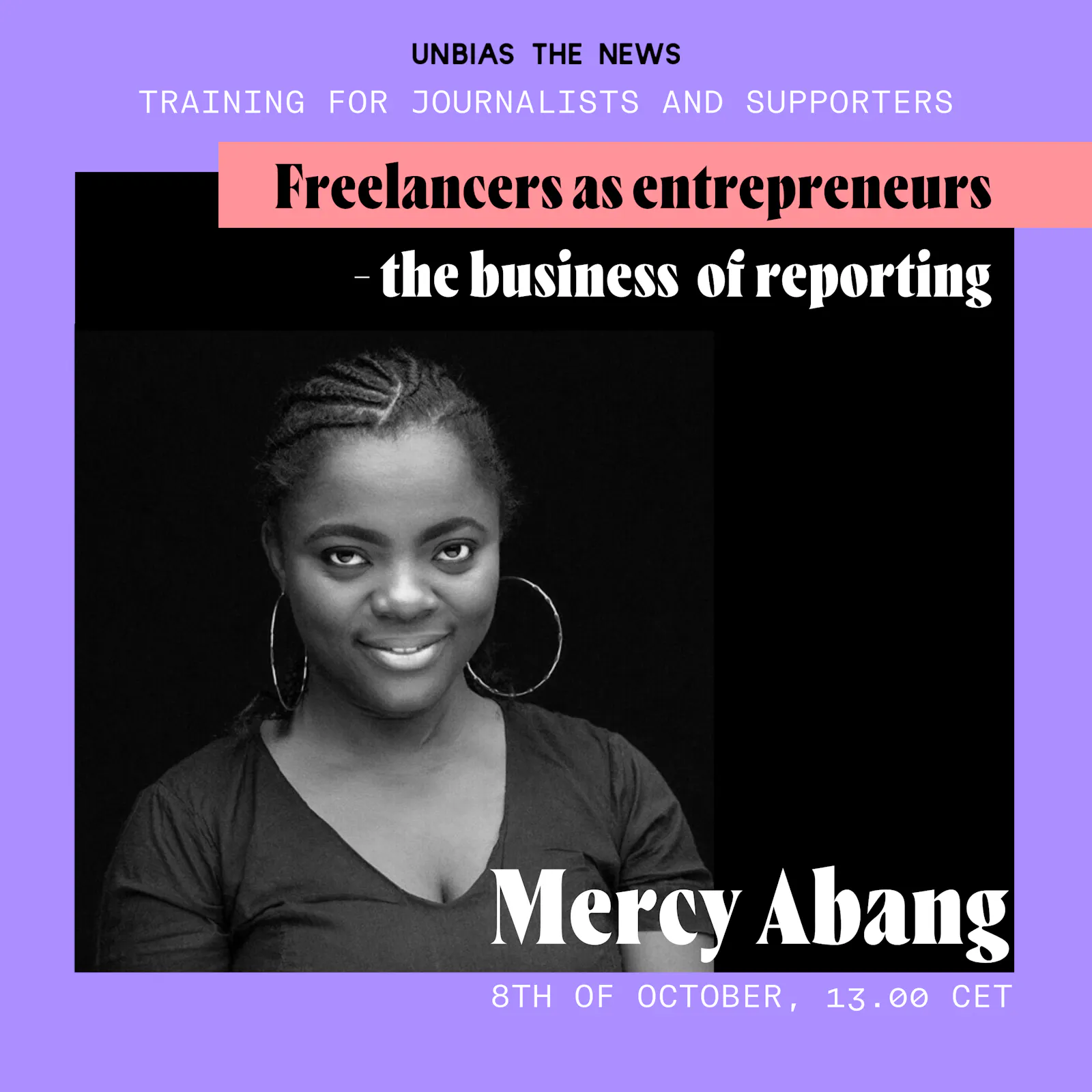Session re-cap: How to overcome collaboration hesitancy
What stops us from collaborating, and what are the benefits when we do?
In this online training, Ankita Anand shared her personal experience of working in cross-border constellations and cooperating with journalists both in-person and virtually.

Working in cross-border teams can provide much more than the obvious advantages of new perspectives, accurate information and sparring partners. Ankita shared how her collaborations positively influenced her - bringing to her projects the power of a team - and heightened accountability and support. She spoke of how it made her reflect, grow, and treasure empathy in collaborations.
As an example, Ankita described how meeting her collaboration partner for the first time opened up her worldview and understanding, an experience that she has taken with her into her future collaborations.
“The constant power cuts and limited internet access in Zimbabwe had a large impact on our communication. When I finally had the chance to visit my collaboration partner, I more deeply understood the challenges Zimbabwean reporters faced in their context. This changed the way I viewed our collaboration, and made me more humble and empathetic.”
Like many journalists, she initially worried about trust and compatibility with her collaboration partners. One way to make sure a collaboration functions smoothly, she said, is to spend some time aligning expectations and making a formal agreement between all parties. Ankita shared some topics that are useful to speak about when setting the framework.
Topics to discuss when starting a collaboration:
Communication: Medium (which channel or platform to use)/frequency (how often)
Money: Who will be the recipient of the funds/how to break it up/how to manage expenses before reimbursements come in
Cultural/racial/gender diversity: Understanding of differences/respect for boundaries
Physical limitations: Health issues/disabilities to be considered when dividing tasks
Schedules: Other projects/holidays to be taken into account when finalising a timeline
Credits: Bylines/order in which the credits would appear/other contributors to the project
Travel: Mode/accommodation/expectations, if any, from the local partner regarding travel support (pick up, etc.)
Conclusions and resources
The attending journalists had the opportunity to connect and discuss their views on ethics, methods and standards when it comes to journalistic cooperation. Many of the groups touched on the topics of how to find, protect and judge the quality of sources, and how to deal with difficulties arising when proceeding to publish the investigation.
This session did build on our previous training on Cross-Border Collaborative Journalism (Opens in a new window), and for more tips and tricks, be sure to check out the guide authored by Ankita Anand: Investigation is Collaboration: How to Make It Work (Opens in a new window)
Join our next session!

In our next session, we will focus on how to make reporting work financially - "Freelancers as entrepreneurs: The business of reporting" will be hosted by Mercy Abangon the 8th of October. It is open to those who pitched to Unbias the News, and our members.
Support our work and become a member today!
Written by: Julia Vernersson, COO and Membership


